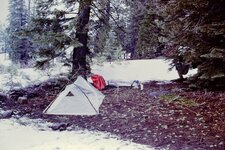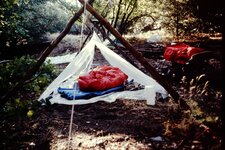Ragnor
Sr. Member
- Dec 7, 2015
- 445
- 422
- Primary Interest:
- All Treasure Hunting
I'm looking at hiking for miles in steep country, probably in snow and then standing in a creek for 6-8 hours a day.
I want to stay warm and dry as possible.
Ive considered neoprene waders vs good boots and rain gear.
I see they have kevlar coated 5mm diving gloves for lobster diving, those look promising.
I also see some high end rain gear for sale on ebay and amazon for reasonable prices.
But I don't know what is hype and what can really stand up to Washington winter weather and rough work conditions.
You guys have any tried and true brands for serious winter gear?
and of course after winter comes spring, That looks like it will be plenty wet this year also.
I want to stay warm and dry as possible.
Ive considered neoprene waders vs good boots and rain gear.
I see they have kevlar coated 5mm diving gloves for lobster diving, those look promising.
I also see some high end rain gear for sale on ebay and amazon for reasonable prices.
But I don't know what is hype and what can really stand up to Washington winter weather and rough work conditions.
You guys have any tried and true brands for serious winter gear?
and of course after winter comes spring, That looks like it will be plenty wet this year also.
Upvote
0











